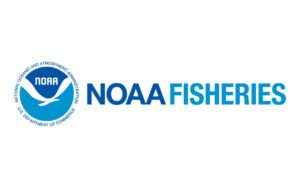
NOAA Fisheries on Sept. 28 announced funding totaling about $2.3 million is available for collaborative bycatch reduction projects.
NOAA has invited non-federal researchers who are working on development of improved fishing practices and innovative gear technologies that reduce bycatch to apply. The stated goal is to find proactive, meaningful and equitable community engagement in the identification, design and/or implementation of proposed projects.
The agency is encouraging applicants to include and demonstrate principles of diversity, equity, including and accessibility. Funding is expected to be issue in 2024.
Bycatch is defined by NOAA as catch fishermen don’t want, cannot sell or aren’t allowed to keep. The concern is that bycatch of fish, marine mammals or turtles can have significant biological, economic and social impacts.
2023 West Coast grant recipients include the Pfleger Institute of Environmental Research, $228,876; Wild Fish Conservancy, $199,500; and Pacific States Marine Fisheries Commission, $179,873. For Alaska, the University of Washington was awarded $221,309 and the International Pacific Halibut Commission, $199.870.
Three grant winners for the Pacific Island region were the University of California, San Diego, $39,659; The Carl Safina Center, Inc., $79.599; and Eric Gilman LLC, $78.700.
NOAA identified its priority research areas for fiscal year 2023 as researching new technology, encouraging technology adoption, reducing post-release mortality, avoiding habitat interactions and conducting international research.
